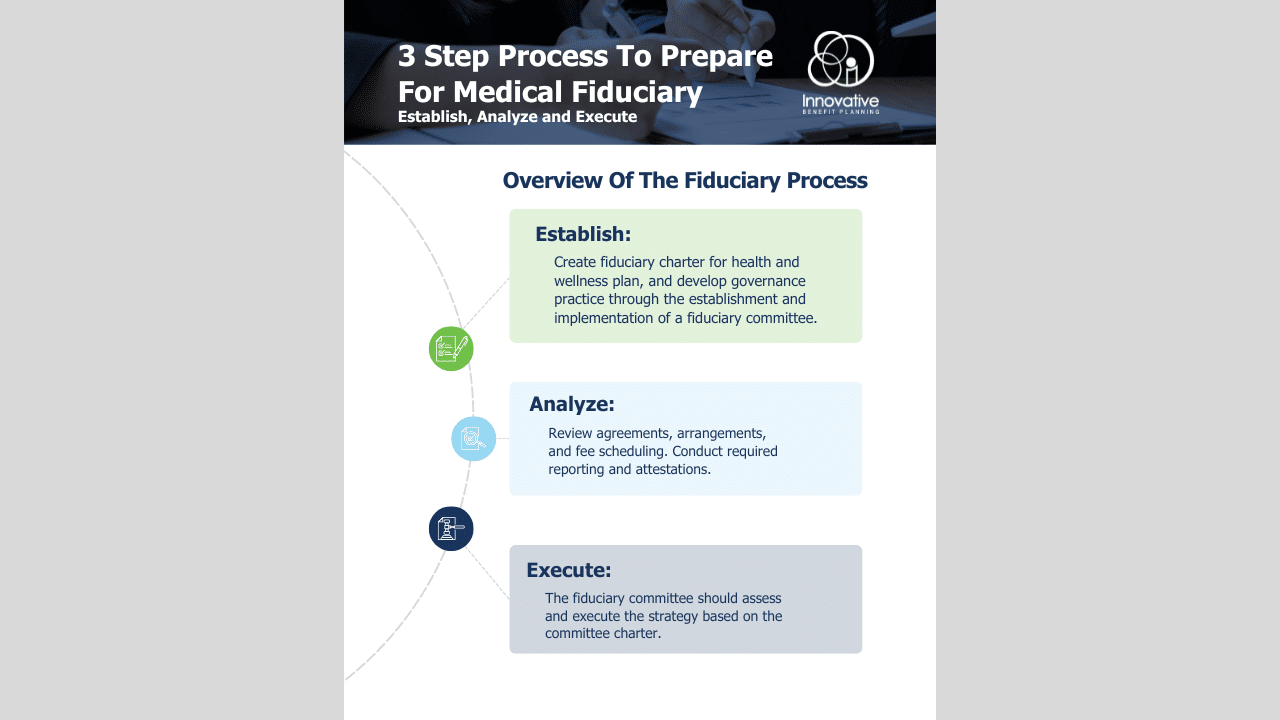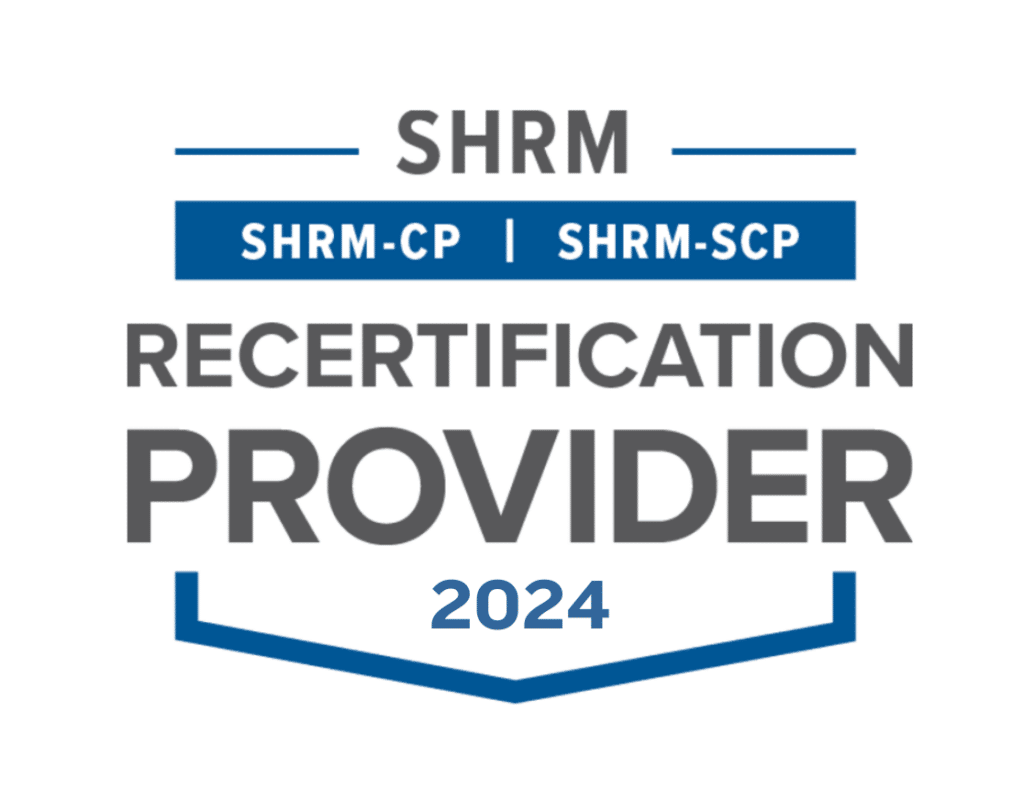• Effective Jan. 1, 2013
• Applies to all employers
• Must withhold an additional 0.9 percent of the employee’s share for Medicare/HI (from 1.45 percent to 2.35 percent) once the employee’s wages exceed $200,000
- Employer does not match this additional 0.9 percent
- Additional 0.9 percent is not capped
- Additional withholding only applies to wages over $200,000, beginning in the pay period the $200,000 threshold is met
- Additional amount will be reported with other Medicare withholding in Box 6 of the W-2
- Employee’s tax obligation is not synchronized with the withholding requirement: 1) Employee owes the extra 0.9% on wages and other compensation over $200,000 if single, $250,000 if married and filing jointly, and $125,000 if married and filing single – employer simply withholds on wages in excess of $200,000 regardless of employee’s situation; 2) No obligation to notify high earners of additional withholding
- Similar requirement applies to self-employed once their income exceeds $200,000
Action Needed:
• Verify payroll system/payroll vendor is prepared to withhold the additional tax as needed beginning January 2013
• Consider advising affected employees that:
- Additional withholding will occur
- Withholding is a rough estimate of the actual household tax obligation, and they should review their circumstances, including estimated tax payments, and plan accordingly
Click the link for more information:
Note: There is another new Medicare tax on high earners that imposes no obligation on employers. A 3.8 percent tax is payable on the lesser of the taxpayer’s net investment income and modified adjusted gross income over the levels described above. Net investment income excludes wages, self-employment income, distributions from IRA’s and qualified plans, and tax-exempt interest and dividends. It includes dividend and interest income, annuities, royalties and rents unless derived in the ordinary course of business, net gains on the disposition of property, and income from a variety of other passive activities. The capital gain from selling a principal residence is considered net income to the extent it exceeds the excludable amount ($250,000 if single or $500,000 if married and filing jointly).
24-Jul-2012











